Reciprocal reflective practice for the environmental design of public spaces
Keywords:
reciprocal reflective practice, environmental design, public spaces, ergonomics, cross-disciplinary actionAbstract
Architectural practice must provide ongoing professional growth, where design knowledge and abilities are strengthened through updating and self-assessment processes in order to place architects in leadership roles in urban transformation while generating feasible proposals that respond to the sustainable development paradigm. In this sense, Reflective Practice with Reciprocal Action in design strengthens architecture theoretically, conceptually and instrumentally - all necessary factors to face the challenges of consolidating a sustainable built environment. The Rehabilitation Project for the Historical Centre of Barranquilla, Colombia serves to illustrate the possibilities and results of an exercise in reciprocal reflective practice. In this case study, environmental analysis and assessment methods applied during the design process enabled the development of a proposal with a unified urban image adjusted to the climatic, social and human reality of the city while highlighting its historical, cultural and ecological values. The final proposal integrates a cross-disciplinary approach that endorses and guarantees decision-making in formal, aesthetic, constructive and technical aspects of the project, sustained by the methodology of Reciprocal Reflective Practice.
Downloads
Downloads
Published
How to Cite
Issue
Section
License
The content of the articles published in each issue of Arquitecturas del Sur is the sole responsibility of the authors and does not necessarily represent the opinion of University of the Bío-Bío.
The authors will maintain their copyright; however, they will guarantee the journal the right to first publication and dissemination of their work. The publication of the article in Arquitecturas del Sur will be subject to the Creative Commons International license (CC BY-SA) that allows others to adapt: remix, transform and build on the material for any purpose, even commercially; share: copy and redistribute the material in any medium or format, as long as the authorship and first publication in this journal are acknowledged by citing them correctly, and their new contributions are under a license with the same terms.


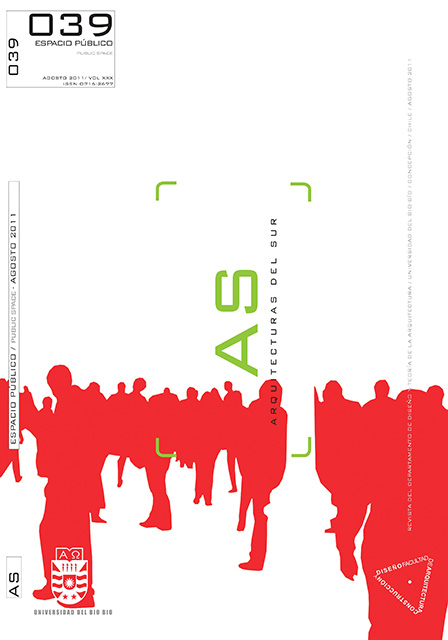

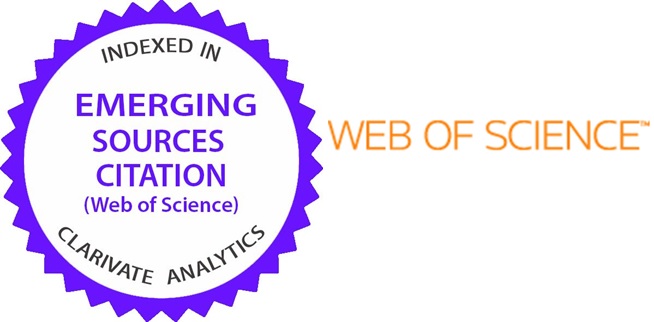


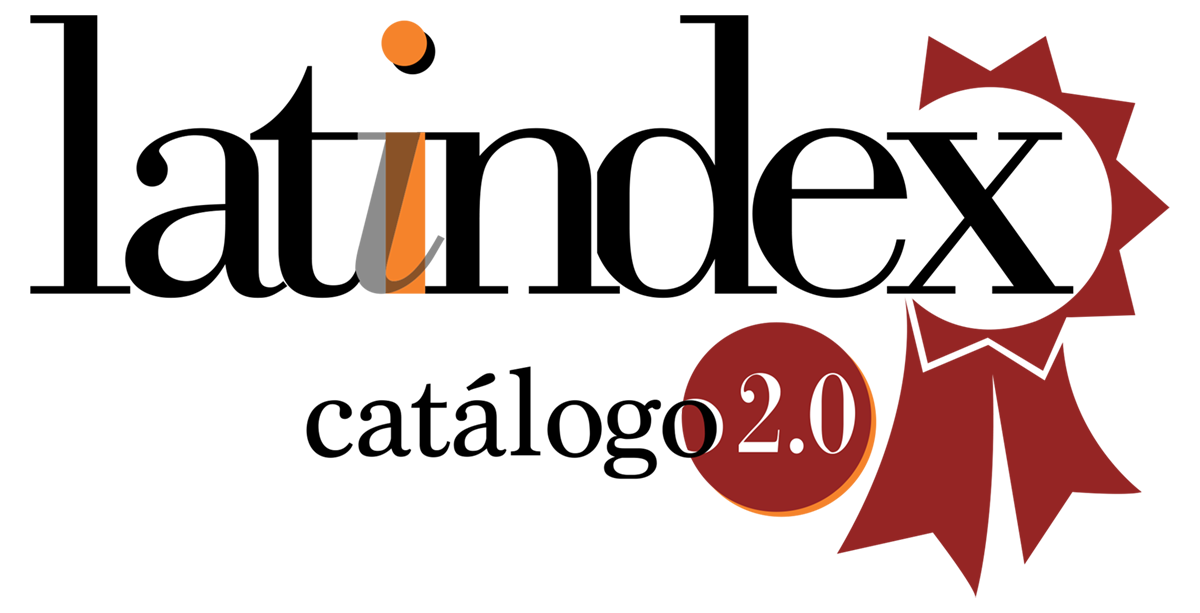





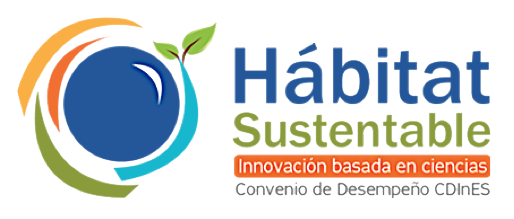
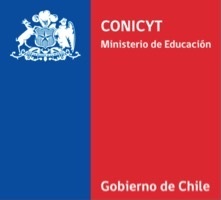 Programa de Información Científica/Concurso Fondos de Publicación de Revistas Científicas 2018/ Proyecto Mejoramiento de Visibilidad de Revistas UBB (Código:FP180007)
Programa de Información Científica/Concurso Fondos de Publicación de Revistas Científicas 2018/ Proyecto Mejoramiento de Visibilidad de Revistas UBB (Código:FP180007) 
